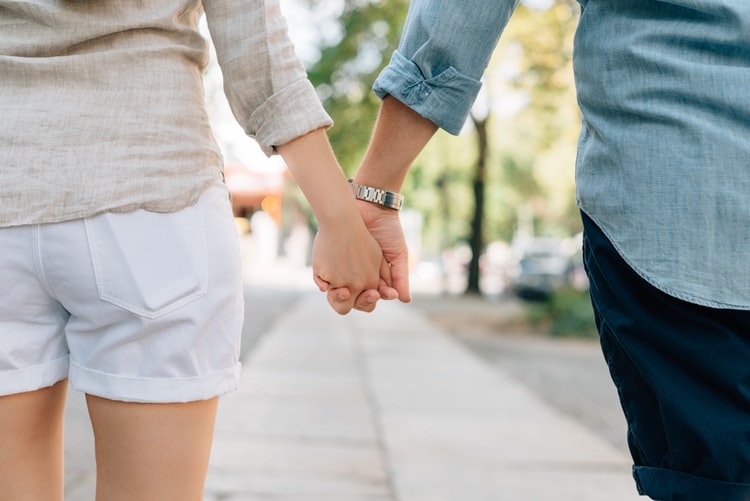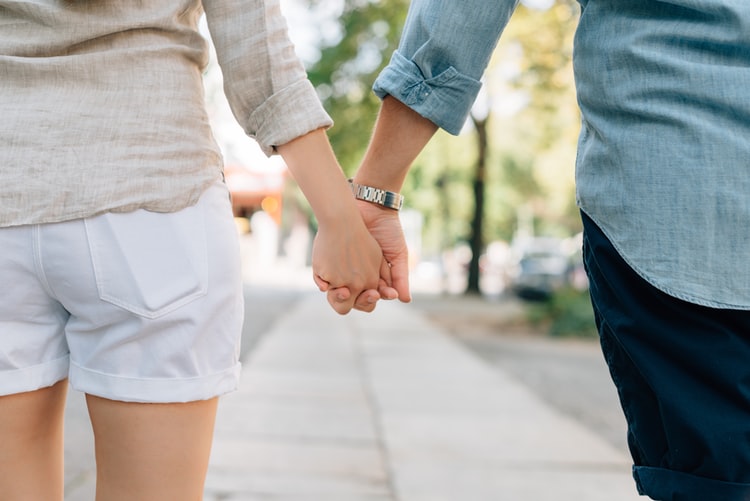The travel rules were relaxed for unmarried couples from September 7 as part of the latest Italian emergency decree signed by Prime Minister Giuseppe Conte on Monday evening.
While most of Italy’s travel restrictions remain in place under the new decree, there is an exception to allow the reunification of international couples separated due to the travel ban.
People living overseas can now enter Italy to be with “the person with whom they have a stable emotional relationship, even if not cohabiting”, the decree text states.
Those travelling to Italy for this reason must quarantine for 14 days upon arrival, and will need to complete a self-certification form, Italian newspaper La Repubblica reports.
This self-certification form will be sent to local health authorities.
It is not yet clear what evidence travellers must provide to prove their relationship is “stable”.
The requirements are expected to be clarified by ministers in the coming days.
The change comes after thousands of unmarried couples joined the “Love is Not Tourism” and “Love is Essential” movements, demanding that countries including Italy relax coronavirus rules and allow couples to reunite amid the pandemic.
On March 17, the European Union closed its external borders, restricting nonessential travel.
The upheaval has left binational couples and families feeling hopeless and wondering when they will be able to reunite with their loved ones.
In Italy, those with a partner outside Europe have been separated for almost eight months due to travel restrictions.
Under the rules in place Monday, travel from the US to Italy was possible for the spouse or child of an Italian citizen.
However, unmarried partners were cut off.
Exemptions were otherwise only allowed for those able to prove they have an urgent need to travel to Italy for work, health, study or emergency reasons.
Denmark, Norway, the Netherlands and six other countries had already changed their own travel rules in order to allow partners of their citizens to enter if they provide a signed declaration as proof of a qualifying relationship.
Parents, grandparents and other family members of Danish residents can also reunite with similar measures.
To prevent any possible transmission of coronavirus, reuniting partners must also provide proof of a negative test taken within 72 hours of arrival.
If that is not possible, they must agree to take a self-paid coronavirus test within 24 hours of arrival and to quarantine until the results are back.












